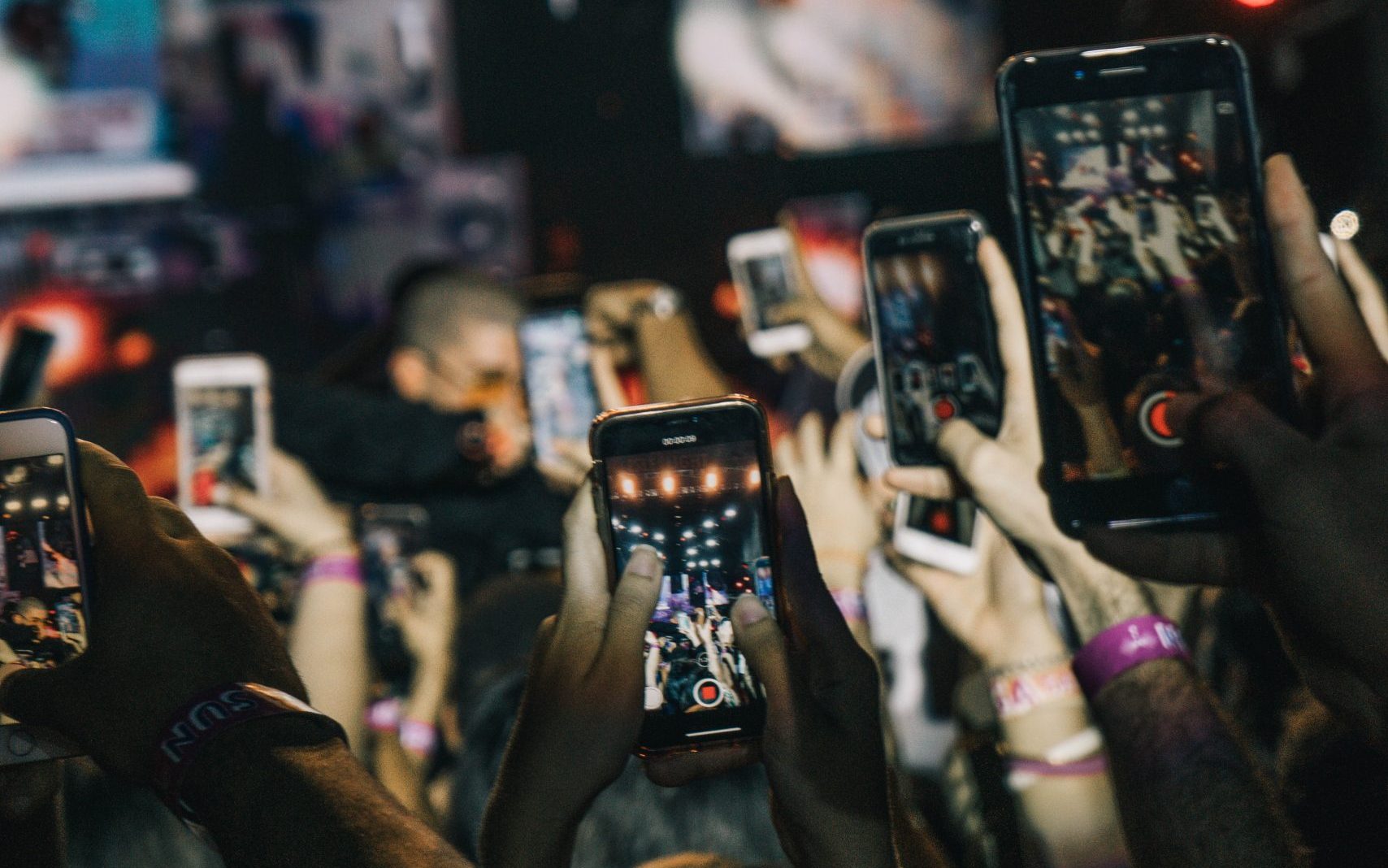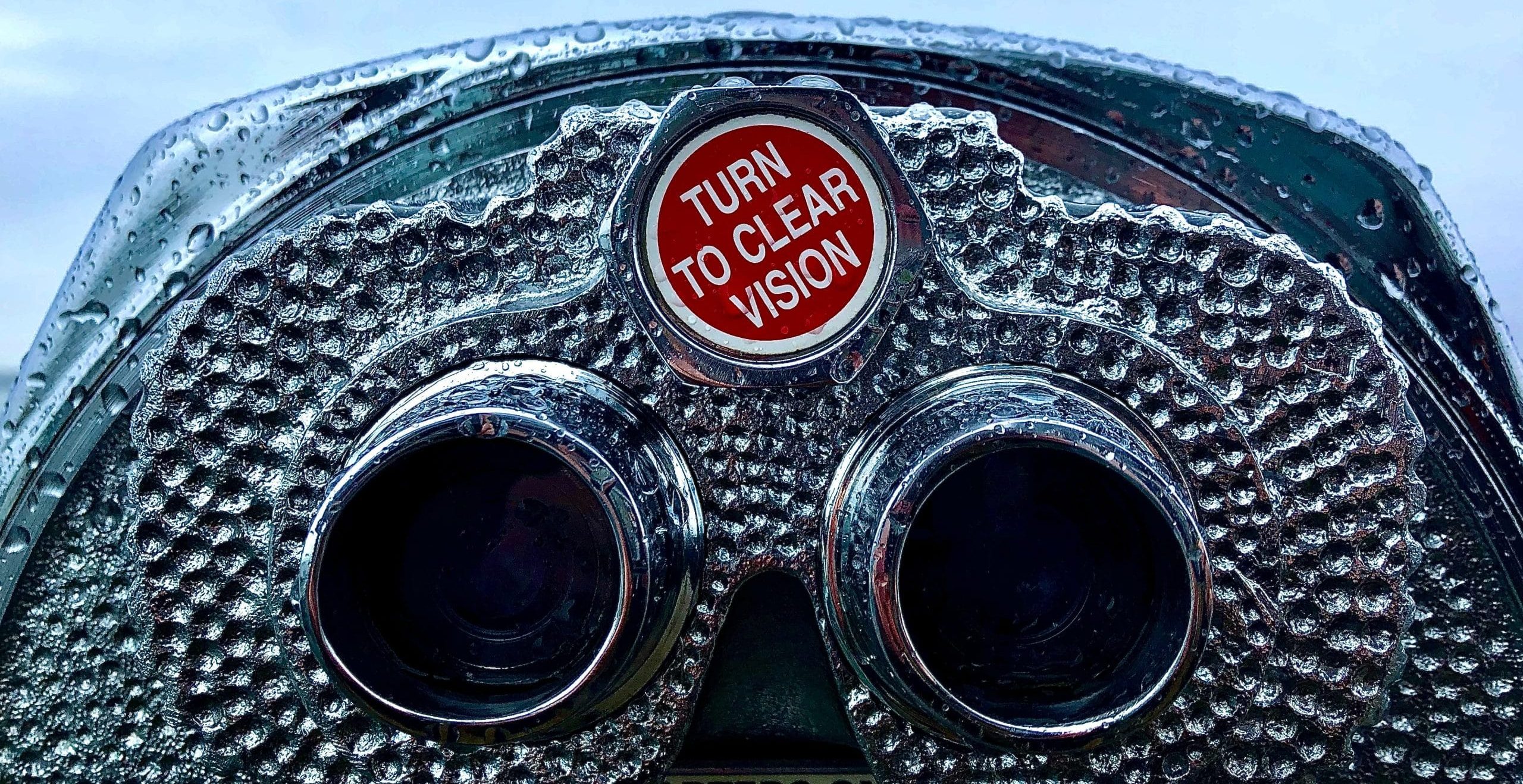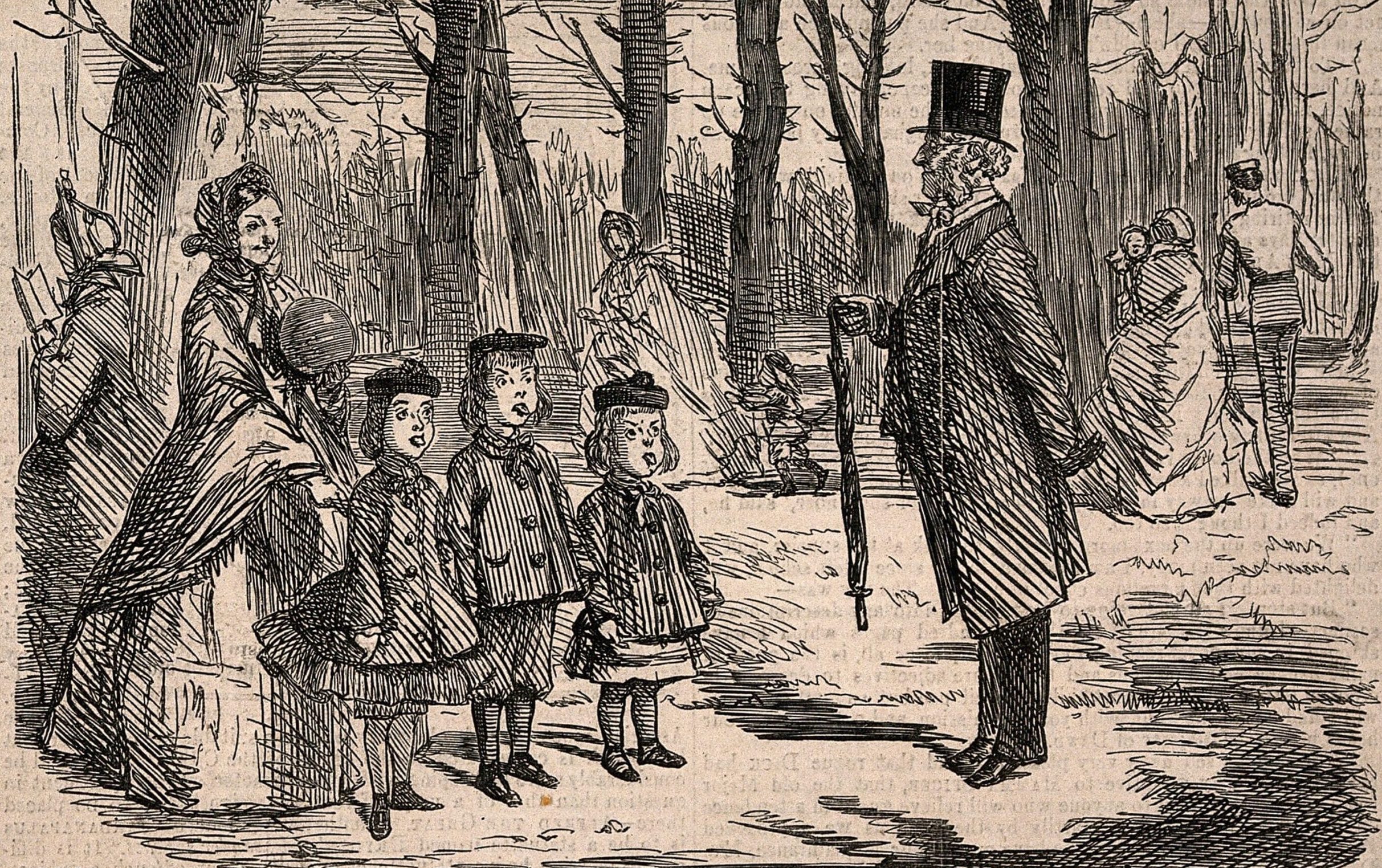
Like it or loathe it, social media is an inescapable part of modern life.
The COVID-19 pandemic has shone a light on the importance of social media in keeping people connected and informed worldwide. More than ever, social media has been used to help lonely and isolated people feel part of a community, whilst it has continued to provide shared spaces where people with long-term health conditions can seek support and learn from each others’ experiences.
For General Practice, platforms like Twitter and Facebook have offered a quick and easy means of communicating with patients, to share vaccination plans, describe changes to appointment systems and announce IT system failures or staff absences.1 For clinicians working in primary care, social media groups have also provided some much needed escapism, shared humour, or even a forum to vent! I’ve personally found some Facebook groups for GPs useful learning spaces, where I can read responses from ‘the hive’ when people have sought advice on complex cases.
For clinicians working in primary care, social media groups have also provided some much needed escapism, shared humour, or even a forum to vent!
When it comes to sharing knowledge and learning resources, Twitter is my preferred platform. As a member of the WiseGP team, it is fantastic to see that our Twitter page (@wisegpcouk) is now approaching 1,000 followers, though I do wonder how many of these are the grass roots GPs we particularly want to reach out to and empower. Perhaps twitter membership is something we can all promote within our practices as a learning tool for clinicians?
There are downsides to these huge platforms. During the pandemic, social media has frequently been misused to share fake news and undermine the public’s confidence in the safety of vaccinations. The potential for anonymity when online, can also lead to people being vulnerable to unjustified criticism.
During the pandemic, social media has frequently been misused to share fake news and undermine the public’s confidence in the safety of vaccinations.
Cyberbullying and manipulation are growing issues that have become particularly apparent to me over the past year, with more young people presenting with mental health concerns. In January 2022, the house of Lords discussed the roles played by social media in self-harm and suicide amongst young people. The need for greater legislation by companies to block access to harmful information and reduce cyberbullying was highlighted, with further research being commissioned.2 Now whenever I consult young people with mental health concerns, I enquire about any problems encountered online, with many describing feelings of inadequacy compared to their peers.
Beyond the mental health impact of social media, there are physical impacts to consider on our patients. Spending long periods online can lead to digital eye strain, sleep problems, inactivity and weight gain.
There are further downsides for clinicians to consider too. They may be inappropriately contacted by patients through their social media accounts or discussed online. Having a social media policy for practices is clearly important, in addition to ensuring staff are aware of how to ensure their online privacy. When posting on GP groups or forums, clinicians also need to be mindful of the GMC rules they should abide by, to ensure they maintain patient confidentiality.3
We have lived through immense changes during the pandemic, throughout which social media has provided a bedrock of support for many. However, social media can be a double edged sword, with potentially negative mental and physical health impacts. Perhaps now, we should all be taking a step back and contemplating whether some of our time spent online could be used making more real world connections that leave much more lasting and valued memories.
References
- eGPLearning. Social media for general practice. Available from: https://egplearning.co.uk/social-media-for-general-practices/ [Accessed 1/5/22].
- House of Lords Library. The potential of social media to harm children. Jan 2022. Available from: https://lordslibrary.parliament.uk/social-media-potential-harm-to-children/ [Accessed 1/5/22].
- GMC. Doctors’ use of social media. 2013. Available from: https://www.gmc-uk.org/ethical-guidance/ethical-guidance-for-doctors/doctors-use-of-social-media [Accessed 1/5/22].
Featured image by Gian Cescon on Unsplash








